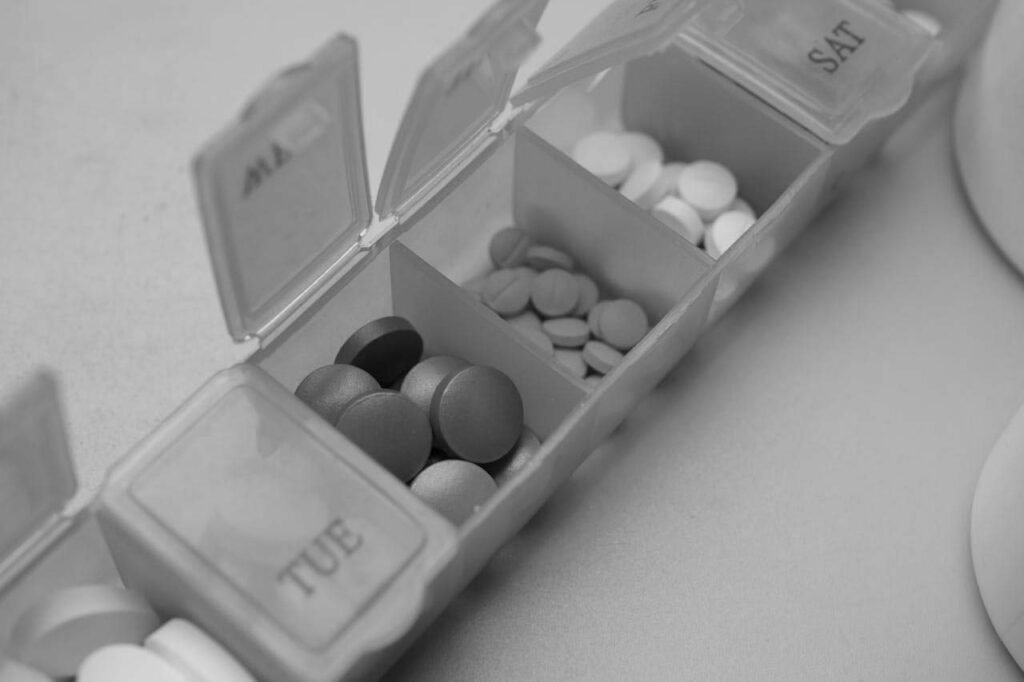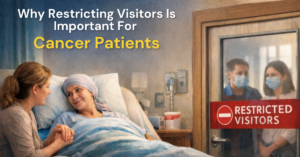Introduction
Managing medications properly is one of the most significant responsibilities for any caregiver. Whether you’re caring for an elderly parent, a patient recovering from illness, or someone with chronic health needs, medication management plays a vital role in keeping them safe and healthy. Even small mistakes, such as missing a dose or mistakenly confusing pills with one another, can have serious consequences. Understanding common medication errors and learning how to prevent them helps you stay organized and confident in your caregiving role. This guide highlights common mistakes caregivers make and offers practical, useful tips to promote safe medication practices every day.
1. Skipping or Missing Doses
Missing a dose is one of the most common medication errors among patients. It often happens due to busy schedules, distractions, or simple forgetfulness. As a caregiver, you can prevent this by setting up a clear routine. Use alarms, pill organizers, or reminder apps to keep track of doses. Linking medication times to daily habits—like meals or bedtime—also ensures consistency and effectiveness.
2. Double Dosing by Accident
Double-dosing can occur when more than one caregiver is involved and communication breaks down. For example, one caregiver may give a dose without realizing someone else has already done. To avoid this, maintain a medication logbook or checklist where every dose is recorded with the time and the caregiver’s initials. Digital medication-tracking apps are also helpful tools for multi-caregiver households.
3. Confusing Similar Medications
Some medications look alike or have similar names, making it easy to mix them up. This can lead to giving the wrong medicine or dose. To prevent this, label each medicine clearly and store them separately in organized compartments. Always double-check the label before giving any medication and ask your pharmacist if you’re unsure about a drug’s name or appearance.
4. Ignoring Storage Instructions
Proper storage is the key to safe medication use. Many drugs lose their effectiveness when exposed to heat, sunlight, or humidity. Always check the storage instructions on the label or ask your pharmacist for guidance. Keep medicines in a cool, dry place—away from stoves, bathrooms, or windows. If refrigeration is needed, ensure the medicine is well sealed and placed in the right section of the fridge.
5. Not Following Timing Requirements
Timing matters as much as dosage. Some medicines must be taken with food, while others require an empty stomach for maximum absorption. Mixing them up can reduce their effectiveness or cause side effects. Read prescription labels carefully and, when unsure, consult your pharmacist or doctor. A simple medication schedule and notes over food requirements can help you stay consistent and accurate.
6. Crushing or Splitting Pills Without Guidance
Crushing or splitting pills may seem convenient, especially for those who struggle with swallowing, but it can be dangerous. Some tablets have special coatings or time-release designs. Altering them may make the medicine act too quickly or become less effective. Always ask your doctor before crushing or splitting any pill and use a proper pill cutter if approved.
7. Forgetting to Refill Prescriptions on Time
Running out of medicines can interrupt treatment and cause health setbacks. To avoid this, set refill reminders on your phone or calendar. Many pharmacies offer auto-refill services to make the process easier. It’s also wise to refill prescriptions a few days early so you never face a gap in your loved one’s medication routine.
8. Overlooking Side Effects
Side effects like dizziness, nausea, or mood changes shouldn’t be ignored. They might indicate that a medication isn’t suitable or the dose needs adjusting. Keep a side effect journal to record any physical or emotional changes you notice, and report them promptly to a healthcare provider. Open communication helps ensure safe adjustments and protects your loved one’s well-being.
9. Mixing Medications with Supplements or Alcohol
Even natural supplements and alcohol can interact dangerously with prescription medications. Herbal products may also interfere with heart or blood pressure drugs. Always inform doctors and pharmacists about all vitamins, herbs, or supplements your loved one takes. Avoid alcohol unless a healthcare professional confirms it’s safe to combine with their medicines.
10. Poor Communication Between Caregivers & Doctors
Assuming instructions instead of confirming them can cause serious medication mistakes. Always bring an updated medication list to every medical appointment and review it with the doctor or pharmacist. Your loved one’s care team will have accurate, current information by doing this. Don’t hesitate to ask questions—clear communication builds a safe care environment.
Conclusion
The key to effective medication management is staying informed, organized, and proactive. From tracking doses and refills to storing medicines safely and watching for side effects, every small step adds up to safer care. By keeping open communication with doctors, following clear routines, and using modern reminder tools, caregivers can ensure safe medication practices. This will protect their loved ones’ health and peace of mind.
Related reading: Medication Management – A Caregiver’s Guide – learn how to avoid common mistakes and ensure safe medication use at home.






